|
I am not an expert on Syria or the Middle East or foreign policy. Or gas or oil or damn near anything. I'm just a fairly normal guy who got curious and has some serious Google-Fu moves. Before a few years ago I couldn't have found Iraq, Kuwait, Turkey, Ukraine, or Syria on a map (though for bonus points, I could have pointed out Russia). But I finally came to a place where I wanted to wrap my head around what was going on in that region of the world. Why did the US invade Iraq in 2003? Why did Russia invade Ukraine and annex Crimea in 2014? Why has the US and the EU imposed such harsh sanctions on Russia since then? So many news headlines, and so much confusion. In this article I'm going to lead you through the situation and help you understand what's been happening in a way that is hopefully both succinct and clear. The key is this: US foreign policy for at least the last 4 or so decades has been about one thing: resources. Industrial civilization demands ever-increasing sacrifices of fossil fuels on its altar in order to function properly. Those who are paying attention attribute all the goings-on of globalization to be towards this end. So why did we invade Afghanistan and then Iraq after the attack on 9/11/01 when the majority of the perpetrators were Saudi Arabian? There were many reasons, and proof has been put out that shows the invasions were planned well before the attacks of 9/11 even happened - even CNN reported on it. Big oil companies like Exxon, Chevron, BP and Shell, bullied their way into determining US foreign policy. Years afterwards, we have interesting quotes to look back on. In 2007, many who were instrumental in the world at the time had some very interesting admissions. General John Abizaid, former head of U.S. Central Command and Military Operations in Iraq, said: "Of course it's about oil; we can't really deny that." Former Federal Reserve Chairman Alan Greenspan wrote in his memoir: "I am saddened that it is politically inconvenient to acknowledge what everyone knows: the Iraq war is largely about oil." Then-Senator, and afterwards Defense Secretary, Chuck Hagel said: "People say we're not fighting for oil. Of course we are." Picture Morgan Freeman narrating this movie about resource-driven foreign policy. His first lines in the clip would be: "In a world of dwindling net energy..." It's clear, to me at least, that most if not all of our foreign policy in the last two decades at least has been about natural resources. This is confirmed by facts on the ground as well as primary sources such as those quoted above. Now look, I stated at the start of this that I'm no expert, and I have problems with geography. Most of the people I know do too. So, I'm going to start at the beginning and show some visuals so you can hopefully wrap your head around this complex subject. Here's a big-picture view: And here's a zoomed-in portion in which most of our focus will be. The so-called Middle East: Now, when you put these geographical maps together with the rest of it, you start being able to make some connections. The following is a bubble graph I wrote out when researching. The distinction between Sunni and Shi'ite Islam is generally useful, but obviously a bit simplistic as most nations have a government that is majority one or the other and a populace that is less or more so, and oftentimes a military force that is different as well in its makeup. But I found it interesting so I include it here. The same goes for the right-hand side. Alliances are exceedingly complex things, and some nations might be overtly helping one country while covertly helping the cause of various factions against that same nation. But I found it interesting and generally true, so I included it. Though the specifics differ considerably from the U.S. government, Syria is a Republic, with a parliament, councils, ministers, and a constitution. The Syrian government, as opposed to so many governments around them, is a secular one rather than a religious one. The President, Bashar al-Assad, and his family, have been trying to guide Syria to not be so militantly religious, as many of their neighbors are. They themselves are from the Alawite sect of Islam, which is a very small minority. One which the Sunni's, like Saudi Arabia, would like to see wiped off the face of the Earth. The point here is that Assad is a legally elected President. He was supported overwhelmingly (about 87%) by the citizens of Syria in the last election there. He and his government legally requested Russia's assistance, so Russia is there helping them militarily. America is there illegally and is in violation of international law. They have attacked sovereign Syrian government forces multiple times, despite being there only to fight ISIS forces. Assad was accused of using chemical weapons against Syrian citizens, but there's been absolutely zero evidence. But suddenly Assad was a monster in the eyes of the media: so, cue US involvement masquerading as 'doing the right thing.' The truth is that there is no evidence that it was Assad or Syrian military forces. The truth is that it was the rebels. The US-backed rebels. Hint hint. So what really explains the U.S. involvement? Why would the U.S. back rebel forces against Assad? Why would we demonize the secular Syrian government so much? It is the world’s single largest natural gas field. Claim on it is shared between Qatar and Iran, on opposite sides of the Gulf. Combined, the field is the single largest deposit of the energy source to be found anywhere in the world. Now, there are two alliances that are particularly important here: the US and Qatar, and Russia and Iran. The US has two permanent military bases in Qatar as well as their Central Command's Mid-East headquarters from which they operate out of in the area. The Russians have had a long and complex history with Iran, but today they, China, and Iran have an alliance to push the US out of the area. Turkey, Russia, and Iran have come together to sponsor peace talks in Syria multiple times. And Russia and Iran have signed barter deals going around the US-backed petrodollar in order to trade oil for goods. Now, take a look at this: In 2009, Qatar proposed a pipeline plan to Assad in Syria to carry these natural gas reserves through Saudi Arabia, Jordan, and Syria, to carry it to Europe. Assad refused this plan. The reason for the refusal is that Russia is Syria's ally - and Russia is Europe's largest supplier of natural gas. But let's back up a second. If you want to understand Syria, you have to understand Ukraine first. Europe gets roughly 30% of its gas from Russia - and 40-50% of it goes through Ukraine. Russia has held a dominant hand over Europe in the past by cutting off gas supplies to Ukraine, therefore interrupting the flow to Europe. They did this in 2009 and in late 2015. And, in the wake of current U.S. sanctions against Russia, there has been widespread threats and concerns that Russia will cut off supply to Europe in retaliation as recently as late last year. Ukraine recently ousted a pro-Russian president. They are moving to tighter ties with Europe and the E.U. The U.S. has helped Ukraine financially. When Russia invaded the Crimea peninsula in Ukraine, the US began imposing harsh restrictions on them. Russia has claimed Crimea as Russian territory - Ukraine claims it is still a part of their country. Recently, since August of 2016, there has been increasing indications that Russia might invade Ukraine as well in order to cement their hold over gas supplies to Europe. So Assad, friend and ally of Russia, refused Qatar's pipeline proposal. Assad then began negotiations for another pipeline plan - this time with Iran, which would carry Iranian gas to Europe across Iraq and Syria. This agreement would strategically place control of the gas flow to Europe in Russia’s hands. All of this has put the U.S. in the somewhat awkward position of funding, training, and backing ISIS and other rebels illegally against the sovereign government of Syria in order to protect their interests and fight back against the Russians having control over vital resources to their allies in Europe. The world superpower does not let go of control easily - or with much grace. Neither side of this debate is right or wrong. It's too complicated for such black and white Hollywood movie endings. But we can clearly see the objectives of both sides, and we can understand them for what they are. We are in a war for resources. Always have been. In industrial civilization, that war for resources is now global in scope and so is more complex.
4 Comments
Dennis Mitchell
6/13/2017 08:35:59 am
So we are fighting for Europe's natural gas.
Reply
Dennis Mitchell
6/13/2017 11:21:45 am
Guess the is part of the responsibility of running an empire.
Reply
12/21/2017 10:53:31 pm
I just heard your interview with Derek Jensen and started reading some blog articles. Why would the Qatar route have to go through Syria. Why not through Jordan/Lebanon or Israel? Can there be only one route?
Reply
John Higson
12/28/2018 12:07:14 am
RUSSIA DID NOT INVADE UKRAINE! They did annex Crimea, but the historical context for that is murky and it was probably justified.
Reply
Leave a Reply. |
The future is going to be far different than the past. The next decade is going to look vastly different than the last decade. This blog is about the transition.
If you like what you see, contribute to making this blog a success here:
Recent Posts: Physical Preps and Tools Prepping Priorities - Physical & Psychological 2022 US Threat Assessment Part II 2022 US Threat Assessment Part I GONE Bag: Get Out Now Emergency Tactical Gear Considerations Interview with Derrick Jensen 2020: A Marker For Collapse Firearms And Our Future Thermodynamic Failure: Phase 2 Firearms and Defense Syria 1971 Explaining Peak Oil Graduate-Level Preparedness The Significance of Renewables Preparing What Will The Future Look Like? What Do The Experts Say? Hope is Complex and Fragile Historical Perspective Personal Change Does Not Equal Social Change Why Genesis 1:28 Doesn't Apply It's Not About Running Out of Oil Introduction |
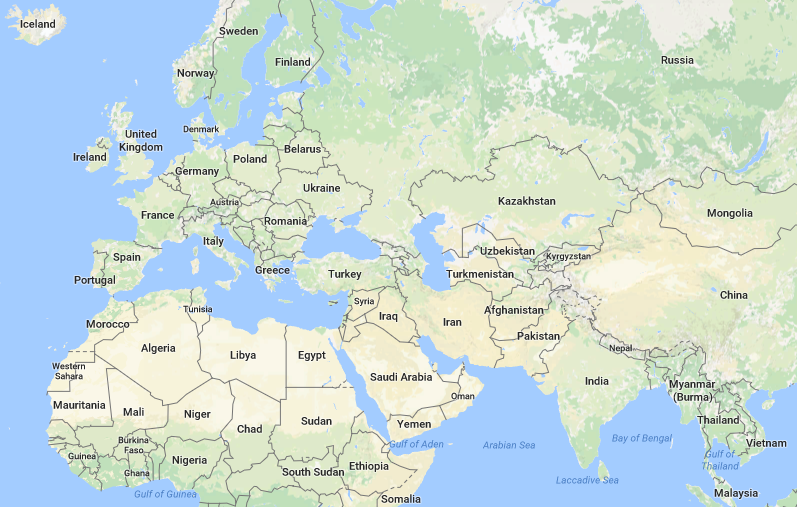
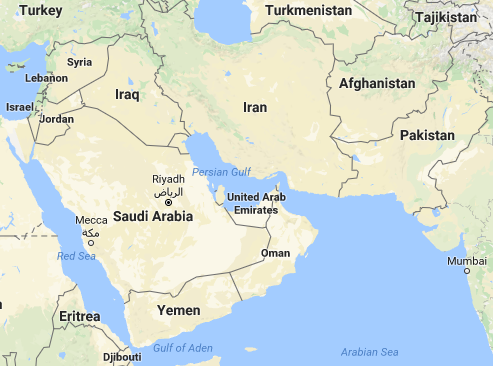
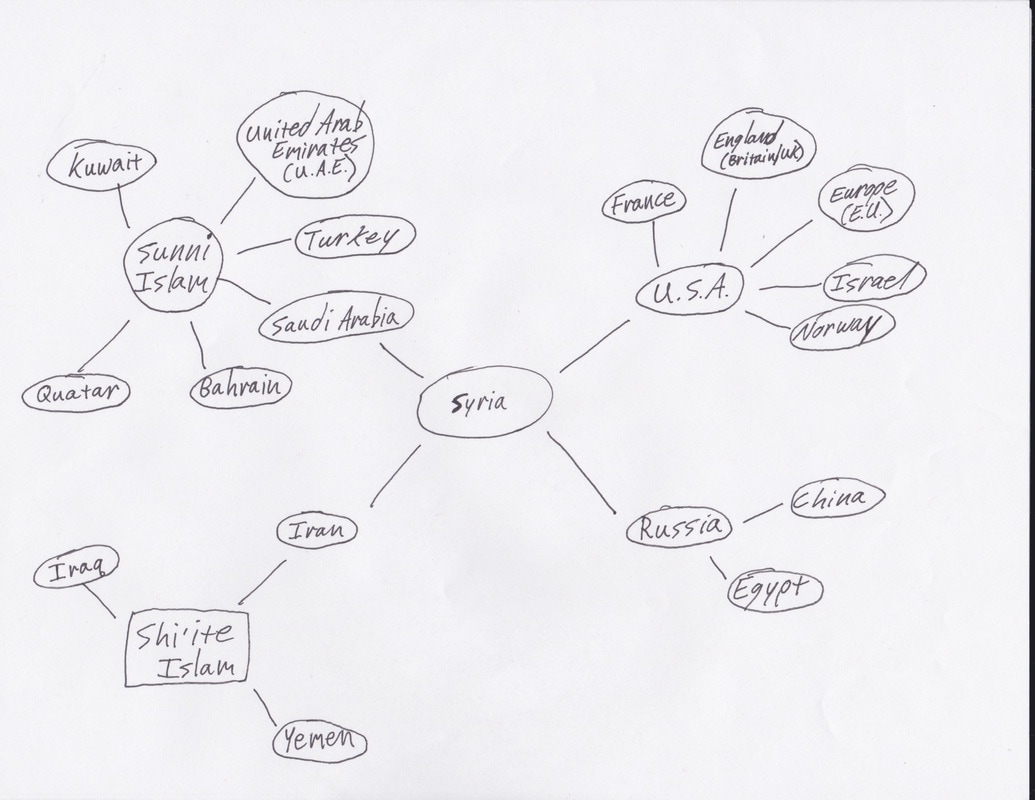
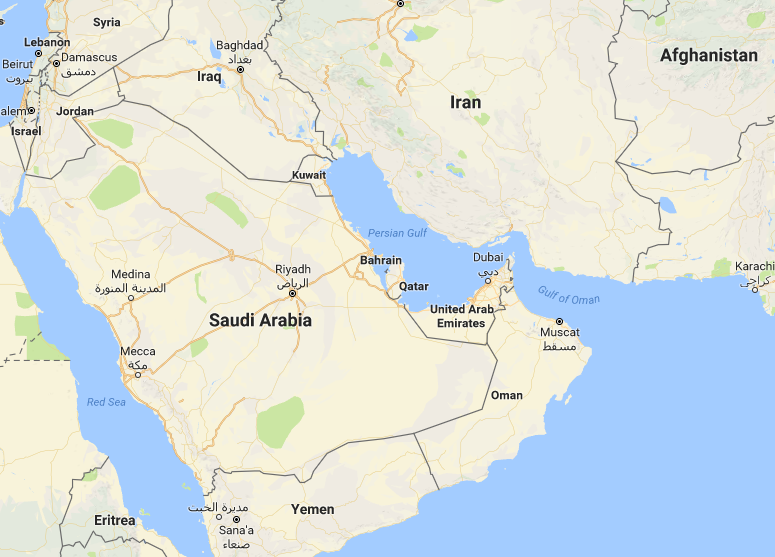
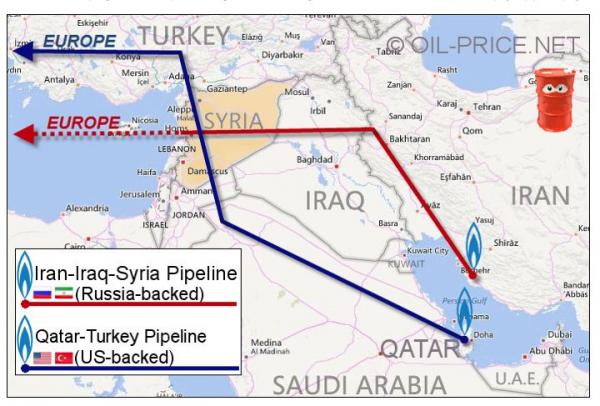
 RSS Feed
RSS Feed
